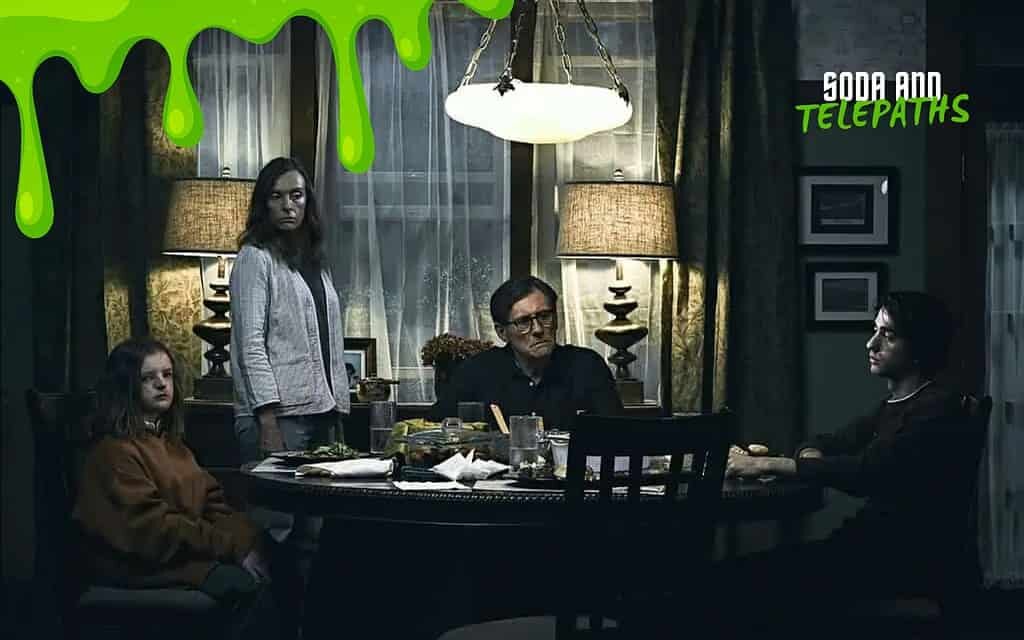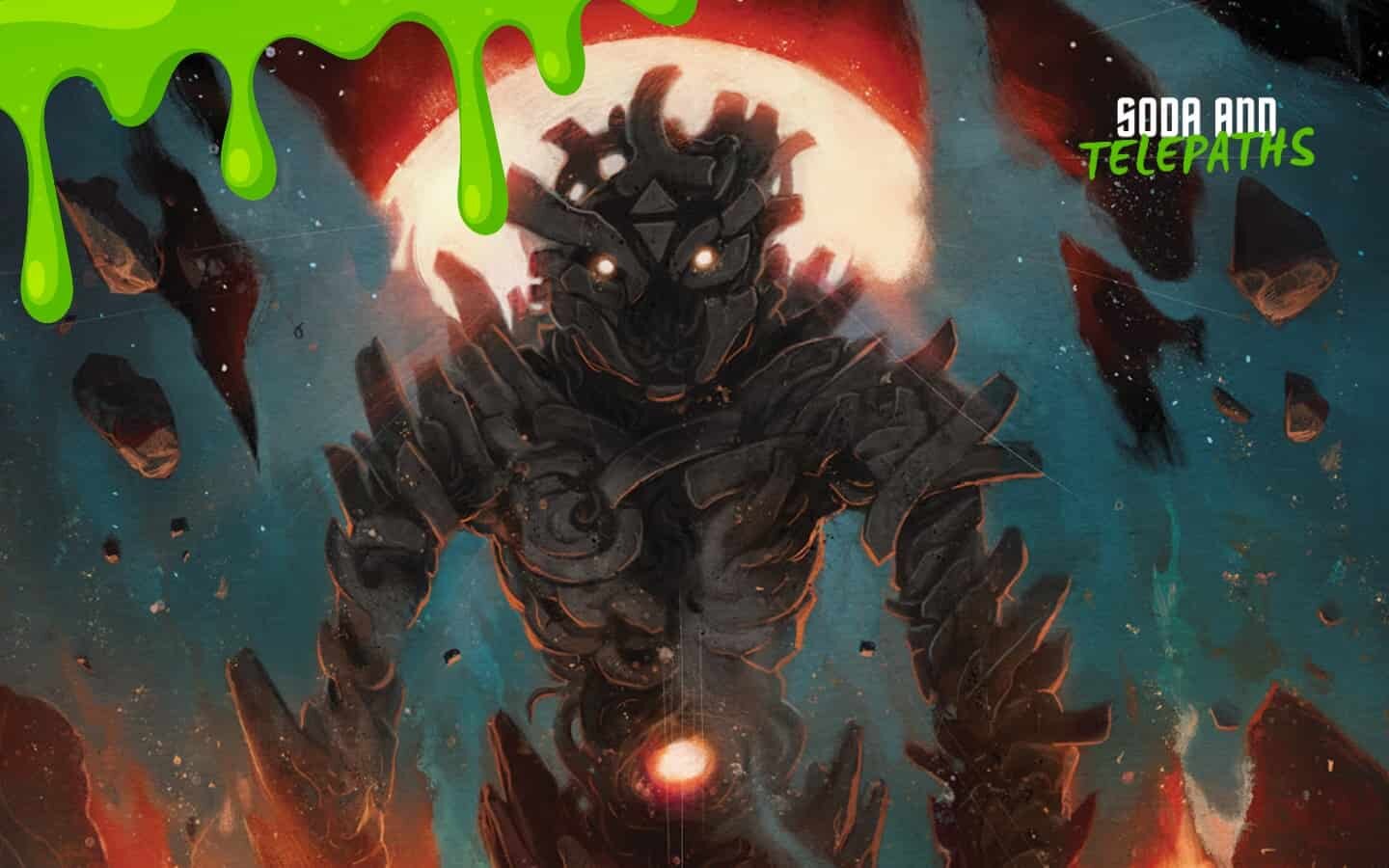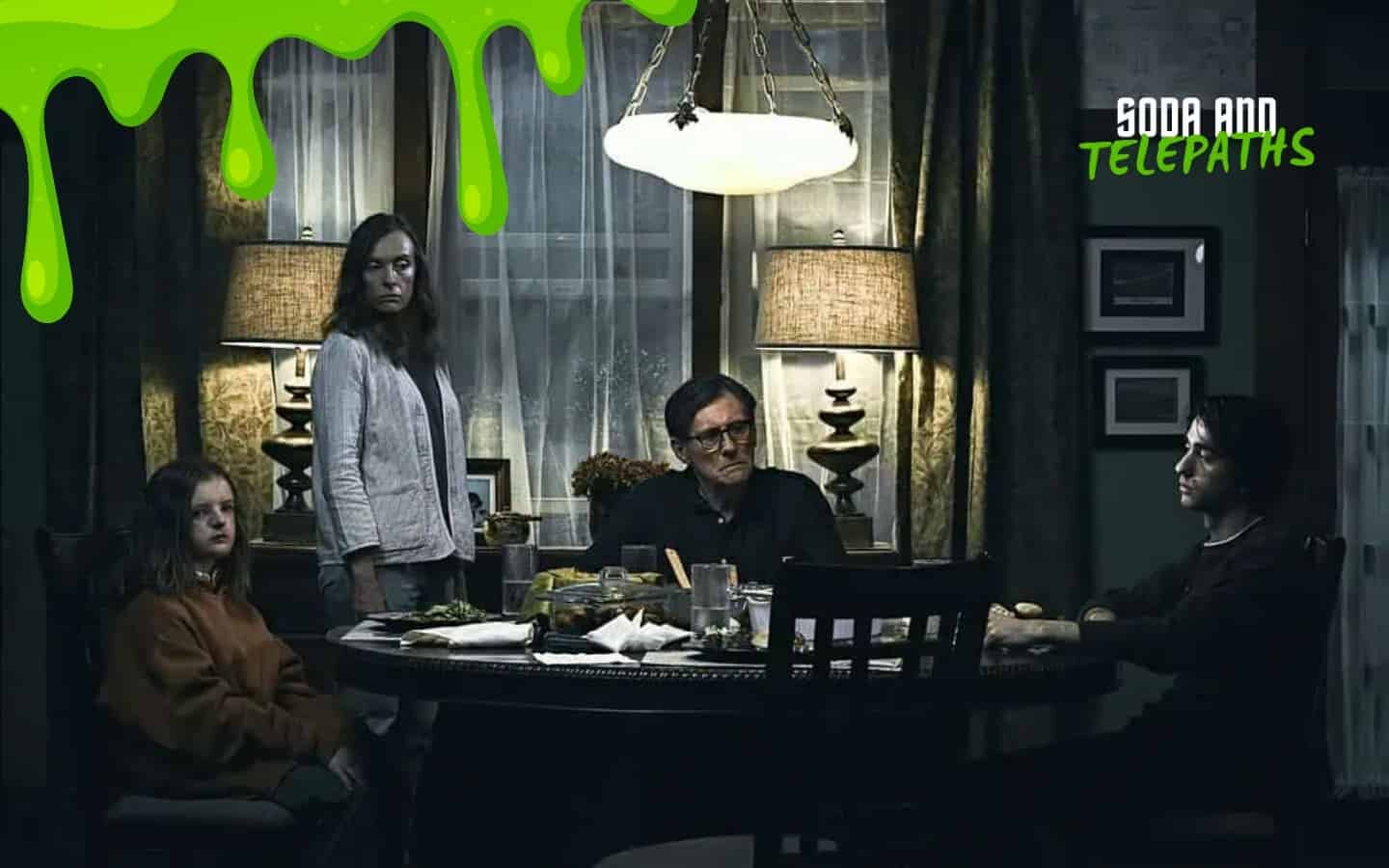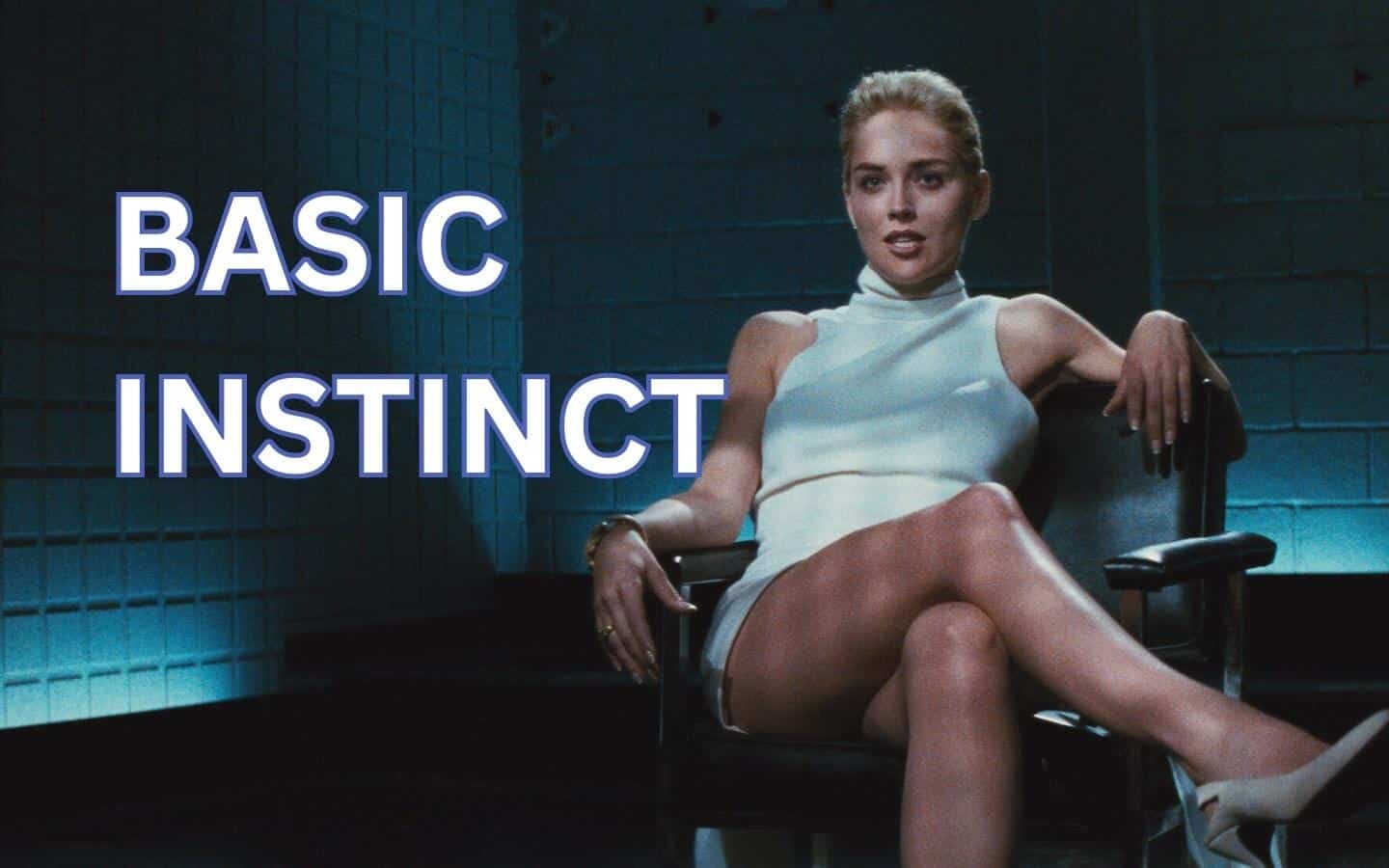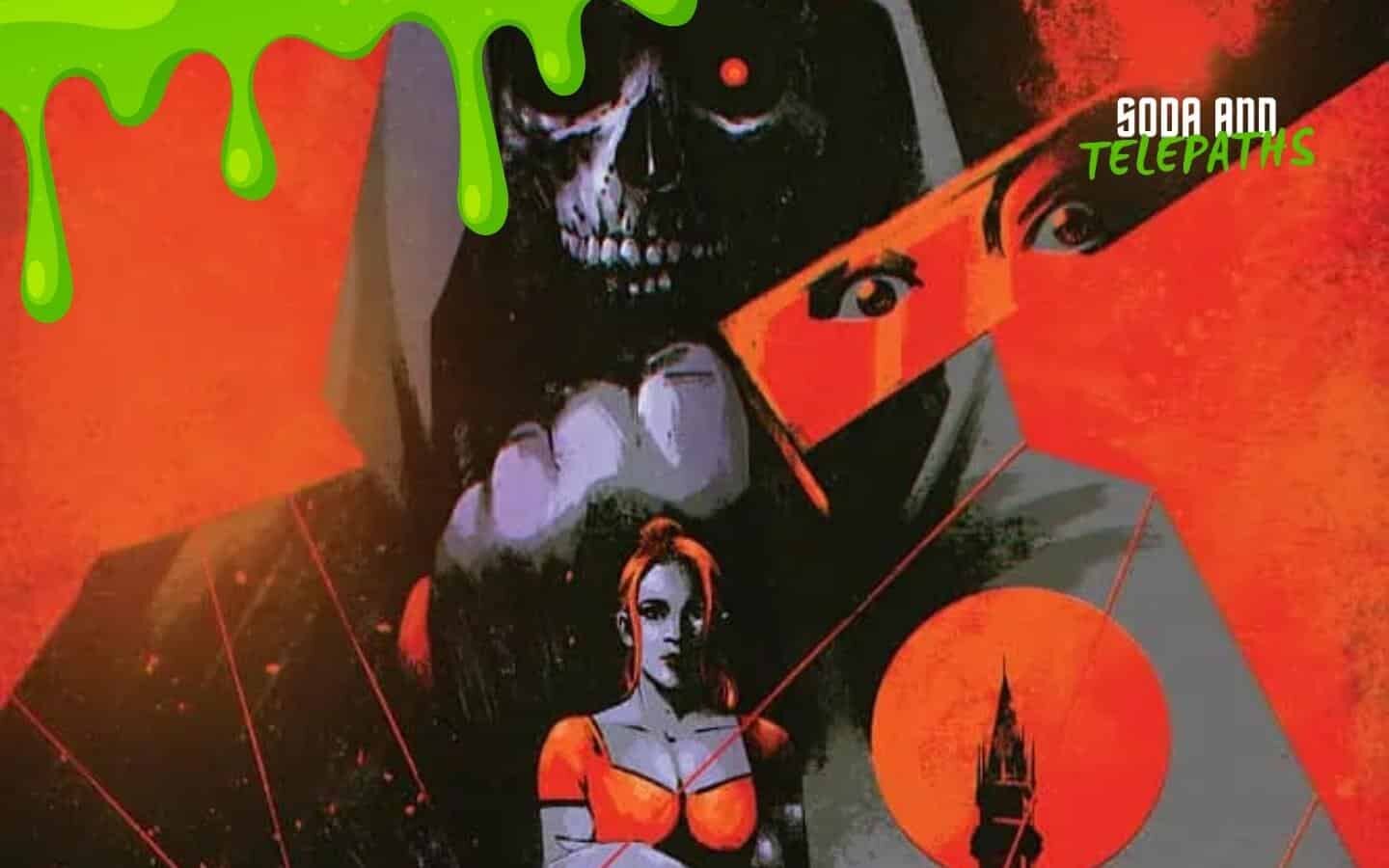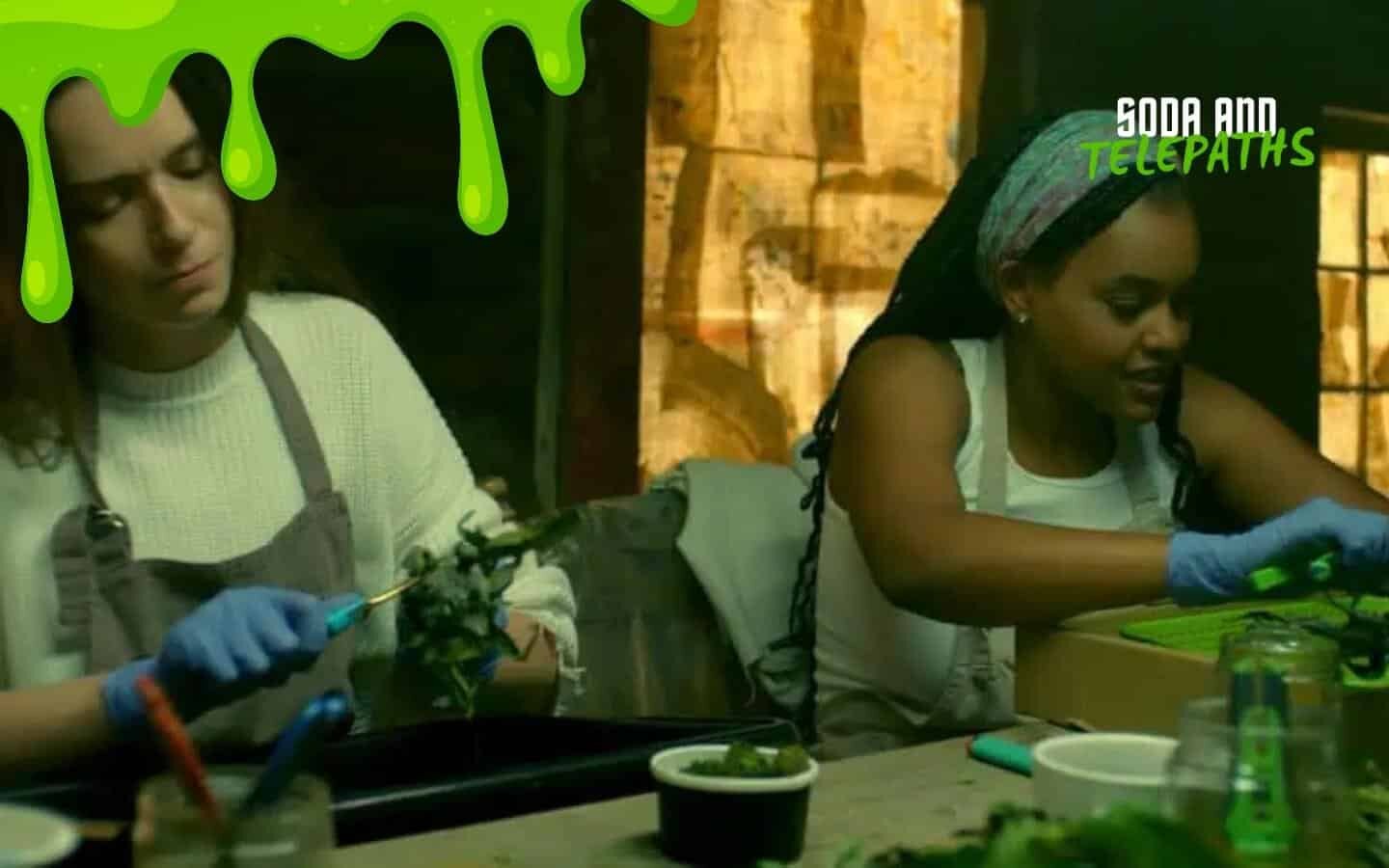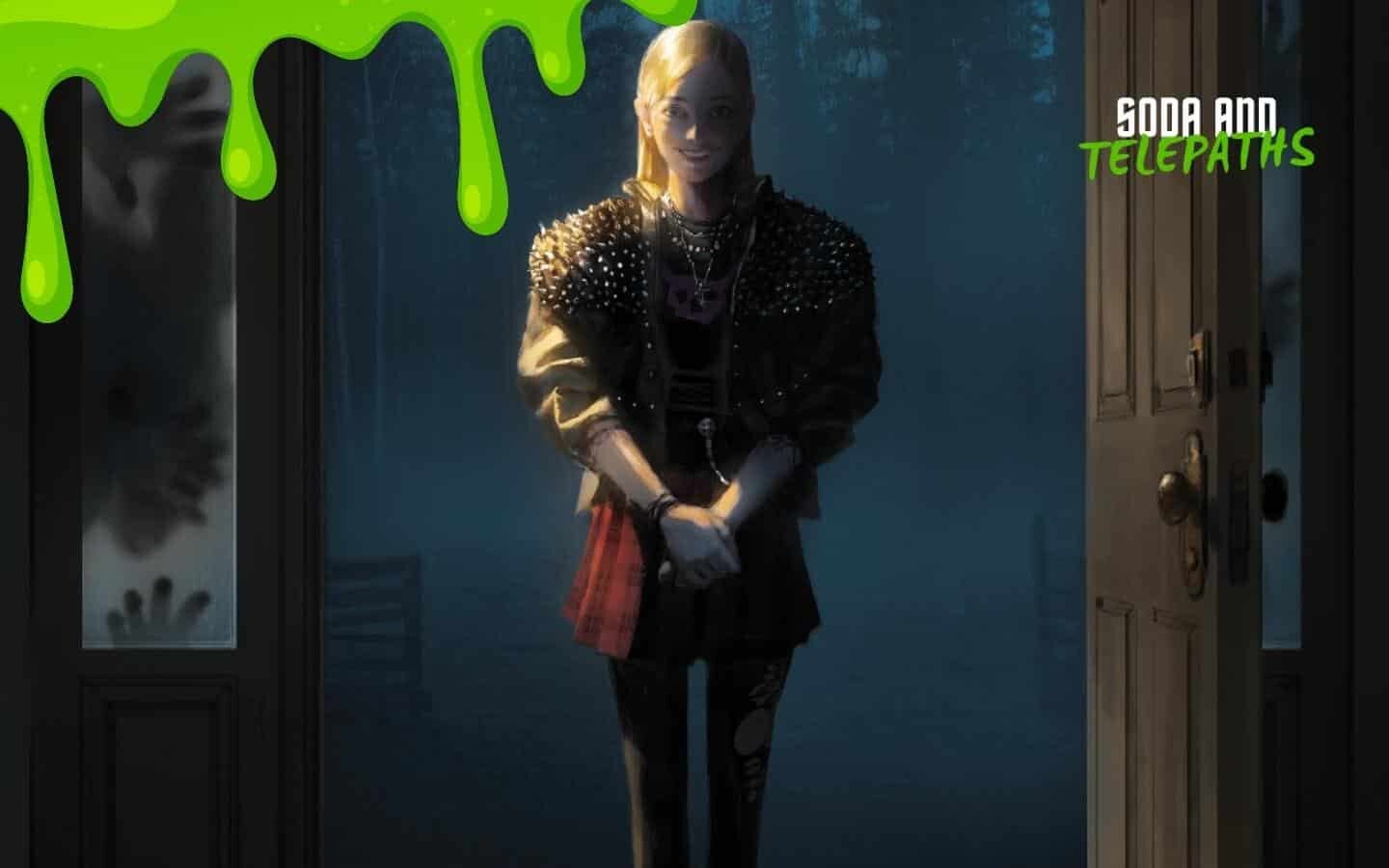About Hereditary
Have you ever known a family who just can’t seem to catch a break? It’s almost as if they have been cursed. Or maybe, it’s all part of their legacy and predestination. Meet the Grahams. Ari Aster’s ominous and disturbing 2018 familial horror/drama, Hereditary, observes how our ancestors pass down generational trauma, and sometimes curses – demonic or inherit.
After the matriarch of the Graham Family, Ellen Leigh (Kathleen Chalfant), passes away from an undisclosed illness, the Graham’s enter a terrifying and maddening descent into grief, tragedy, and fate, which has all been orchestrated and manipulated into existence by an occult coven. Grief is something you cannot describe to someone; it can only be intrinsically experienced, and largely results in trauma that is carried and processed differently from person to person. Aster’s Hereditary examines and follows each character’s battle with grief, albeit some more than others.
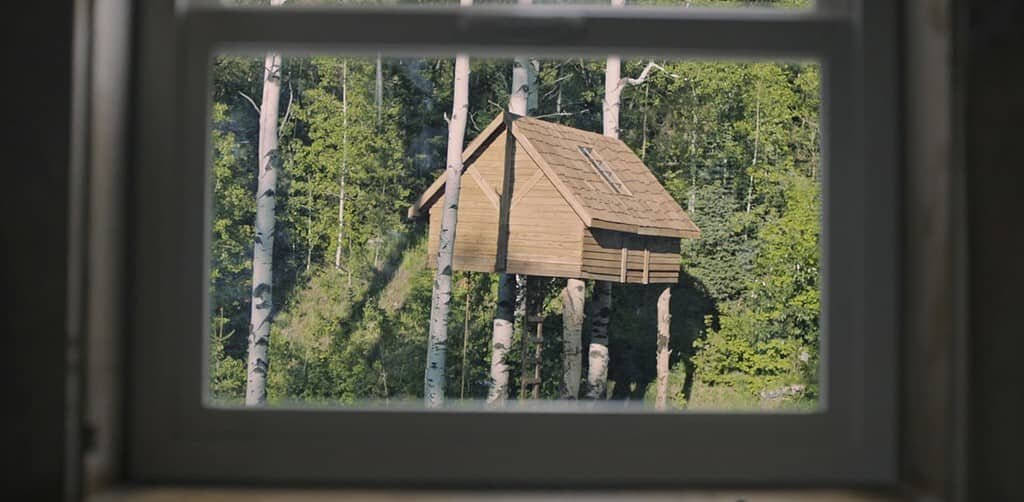
From the first frame, we are greeted with foreshadowing (the flies), portentous music, and Charlie’s treehouse (a very important setting in this film), and we know that things are not going to end well for the Graham family. Annie (portrayed by Toni Collette, who truly gives an Oscar worthy performance), a struggling miniature artist, had an extremely turbulent, and sometimes, volatile relationship with her mother.
With the exception of 13-year-old daughter Charlie (Milly Shapiro), there is sense of relief among Annie and the rest of the Graham’s; including her psychiatrist husband Steve (Gabriel Byrne) and 16-year-old son Peter (Alex Wolff). At the funeral, Annie describes her mother as an extremely private and secretive person, who would possibly feel a sense of betrayal to even be spoken of so freely. She even remarks on how surprised she is to see the amount of people in attendance.
During a key scene at a grief support group, Annie divulges into her family history; lamenting on how her brother committed suicide at 16 by hanging, with his suicide note stating that he was convinced his mother was trying to “put people inside of him”. She then remarks on how she didn’t let her near Peter when he was born, but that she allowed her to essentially raise Charlie, and how she “latched her hooks onto her immediately”.
This is also where she “bumps into” Joan (Ann Dowd), a fellow support group member, and unbeknownst to Annie, she is more connected to her ancestry and family history than she could have imagined. This scene is crucial to the backstory and following events in the film. Although, upon a first viewing, you wouldn’t necessarily think so. And trust me, Hereditary was written and directed with the intention and desire to be seen more than just once.
Shortly after these events, we soon find out that grief isn’t done with the Graham’s. In fact, Ellen’s death, was just the beginning. Honestly, it’s hard not to give away too much of this film. What I will say is this: in addition to foreshadowing, much of how Aster illustrates this story revolves around inserting small details that tell a much larger picture.
Such as the significance of the funeral attendees, who are actually a part of a Coven led by Ellen, or as they know her, Queen Leigh. And they are hell bent on finding a perfect male host for Paimon, one of the eight reigning kings of Hell. So naturally, some sacrifices have to be made. These elements of Hereditary make something quite clear: the role of matriarchs and their influences over their households and families.
Hereditary: Influences and Social Commentary (Spoilers)
Many thematic elements are present in Hereditary. Most notably, is the insinuation that many of our personal demons originate from our caregivers and bloodlines. Throughout Hereditary, Aster subtly remarks on the horrifying aspects of motherhood and raising children under circumstances of familial tragedy. For Annie, there is a sense of agony and desperation that she experiences when she cannot protect her children, or despairing attempts to be the anthesis of her emotionally cold and distant mother.
Motherhood, and parenthood in general, is an eternal search for solutions to dispel generational curses, by not repeating the sins of our mothers and fathers. We often hear parents say, “I will never do that with/or to my children”, or “I want to be the mom or dad that I never had when I was growing up”.
With Annie, we also see a deep sense of regret and resentment. We bear witness to it in her workshop, after the funeral when she sees her mother standing in a dark corner and proceeds to turn a miniature replica of them around. We hear it in the inflection of her voice, when she visits the grief support group and describes the on-and-off dynamic that she encountered for many years alongside her mother.
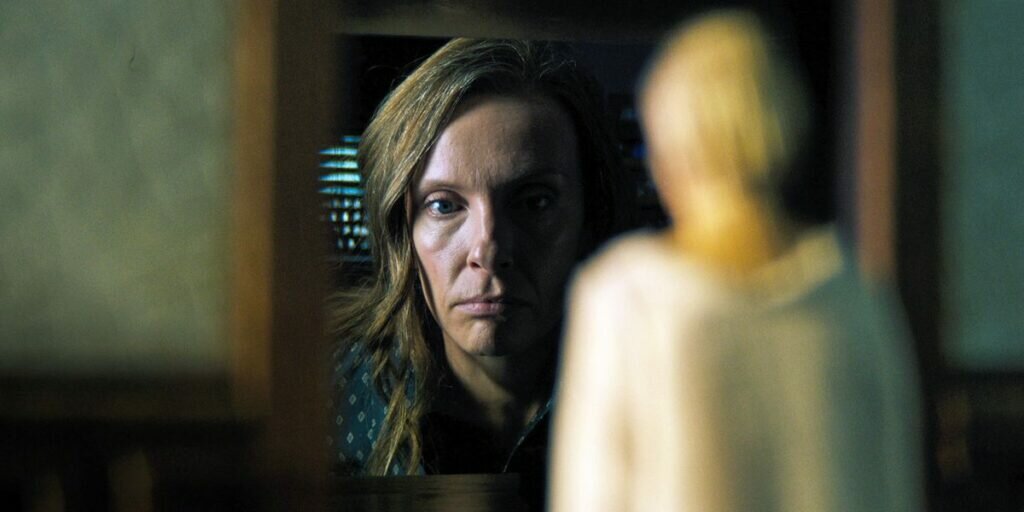
Often times, our lineage contains dark and hidden truths about ourselves that we wish we would have never unearthed. When Annie is sorting through her mother’s belongings in her old bedroom and finds evidence of the coven she led, she is disturbed and distraught to learn of her mother’s secrets. This parallels the stage of denial that humans experience while grieving.
More often than not, after loved ones have departed, we exhume their secrets that would have otherwise been taken to the grave with them. This can be for so many reasons. But the most poignant one is that there are some truths that are too hard, and too deep, to digest until it’s safe enough to be revealed.
Many of these terrifying events occur in the Graham household. And that’s typical of the familial experience when it comes to conflict. It takes place behind closed doors. As my mother used to say, “Don’t ever tell anyone what happens at home”. And what Annie says to Peter, after he wakes up from what he proclaims to have been Annie attempting to pull his head off after seeing Charlie in the corner, is “Don’t tell dad about this because it’s not true”.
Although her intentions are benevolent, Annie’s a hypocrite. She’s spoken of how her mother was a bearer of secrets, yet she is encouraging herself and Peter to indulge in this behavior, specifically in a moment of despair and hopelessness. We don’t want to repeat the mistakes and sins of our father, or in this case, mother; yet we always find ourselves repeating traumatic generational history.
The references to inherited mental illness, as well as the subsequent need for control and lack of accountability, are also prominent themes in Aster’s astounding debut. This is tensely represented by the relationship between Annie and Peter. There is a lot of animosity and rage between those two; depicting a harsh truth of parent-child relationships: either one, or both, is harboring deeply rooted resentments towards one another for past hurt.
One of the highlights from this movie is the scene at the dinner table, near the halfway mark. It’s here when Annie admits that Charlie’s death was a waste, because instead of bringing them together, it has caused deeper rifts. In retort, Peter remarks how Annie insisted that Charlie go with him, implying that she also needs to accept responsibility and accountability for her part. This is something that defines incomprehensible family tragedy and the ensuing trauma; that great loss, especially in succession, can either strengthen or degrade familial units. What happens when the glue that used to hold it all together, isn’t there to do that any longer?
Hereditary: The Retrospective Review
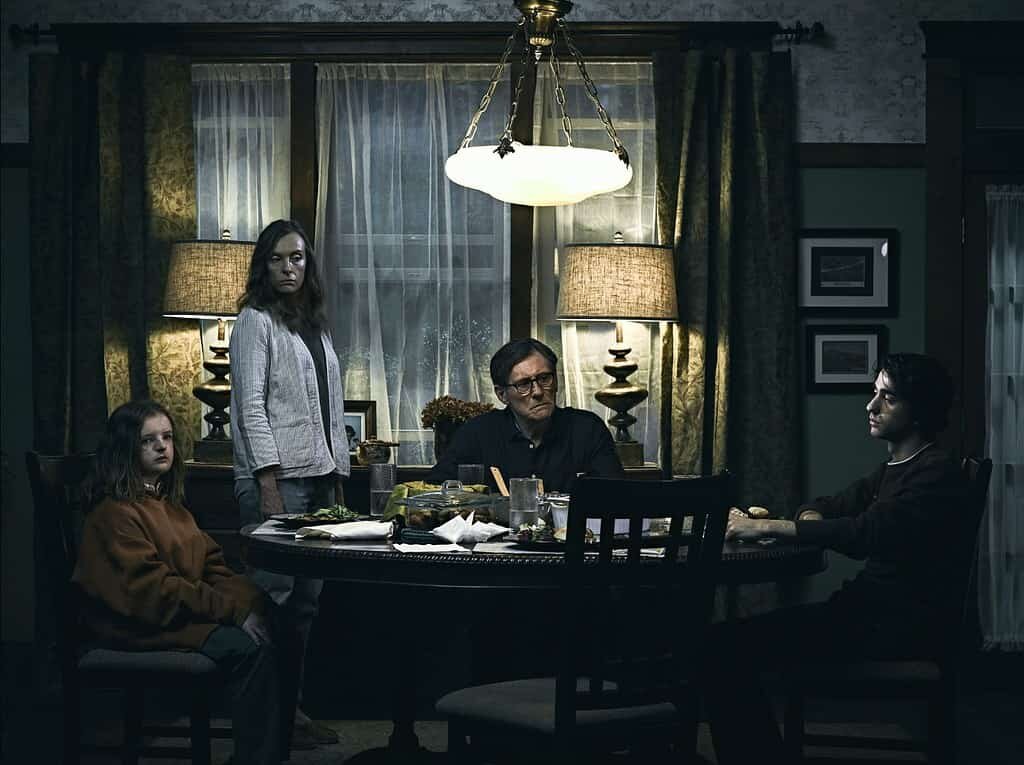
There are so many minute details in Hereditary that are truly “blink and you’ll miss it” moments. This isn’t a movie for the faint of heart, or a movie that you can only see once to fully absorb and comprehend. Understanding the themes are important, no doubt. But, what’s more important, is the intention and complexity of the details. Aster’s film demonstrates this in nearly every frame and scene.
The truth of the matter is, we all have generational trauma that we must overcome. And some have it worse than others. Sometimes, we inherit the best from our ancestors, and with Hereditary’s largely cautionary tale, sometimes, we inherit the absolute worst.
Aster leaves Hereditary’s truths hidden in plain sight. These truths – life, human experience and tragedy, encompass an individual’s reality that may or may not be circumstantial of genetic predisposition. In the first classroom scene with Peter, there is a chalkboard behind the teacher that is titled “Themes”, with three listed: (1) escaping fate, (2) relationship + responsibility and (3) ‘no man considered fortunate until he is dead”.
Commenting on fate and choices, a girl in the class proclaims, “I think it’s more tragic, because if it’s all just inevitable, then that means that the characters had no hope. They never had hope, because they’re all just like, hopeless. They’re all like pawns in this horrible, hopeless machine”.
Have you seen Hereditary?
What are your thoughts on Hereditary? Have you seen it? Do you think Aster created a horror masterpiece with his feature film directorial debut?
Let us know on social media.
